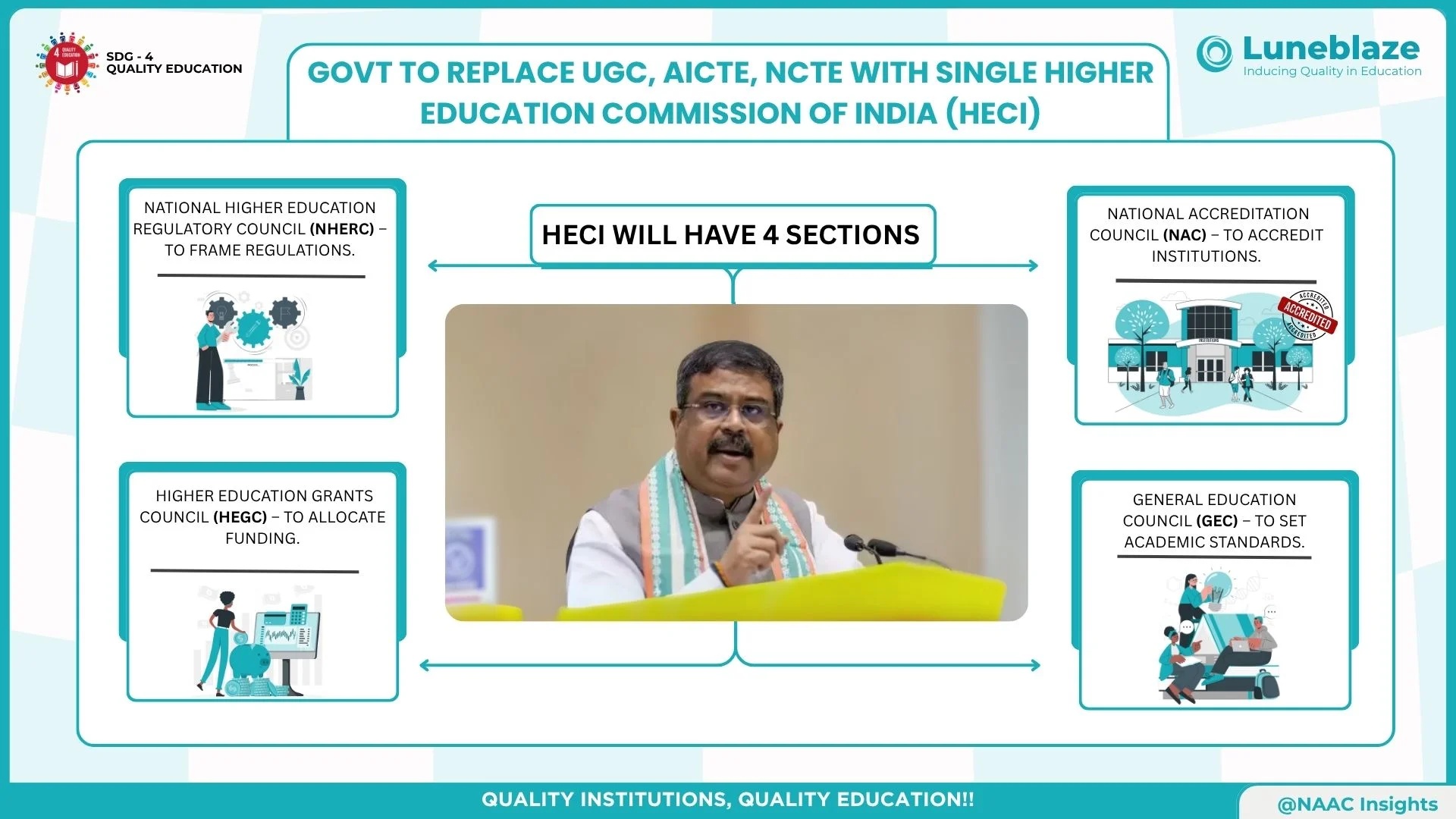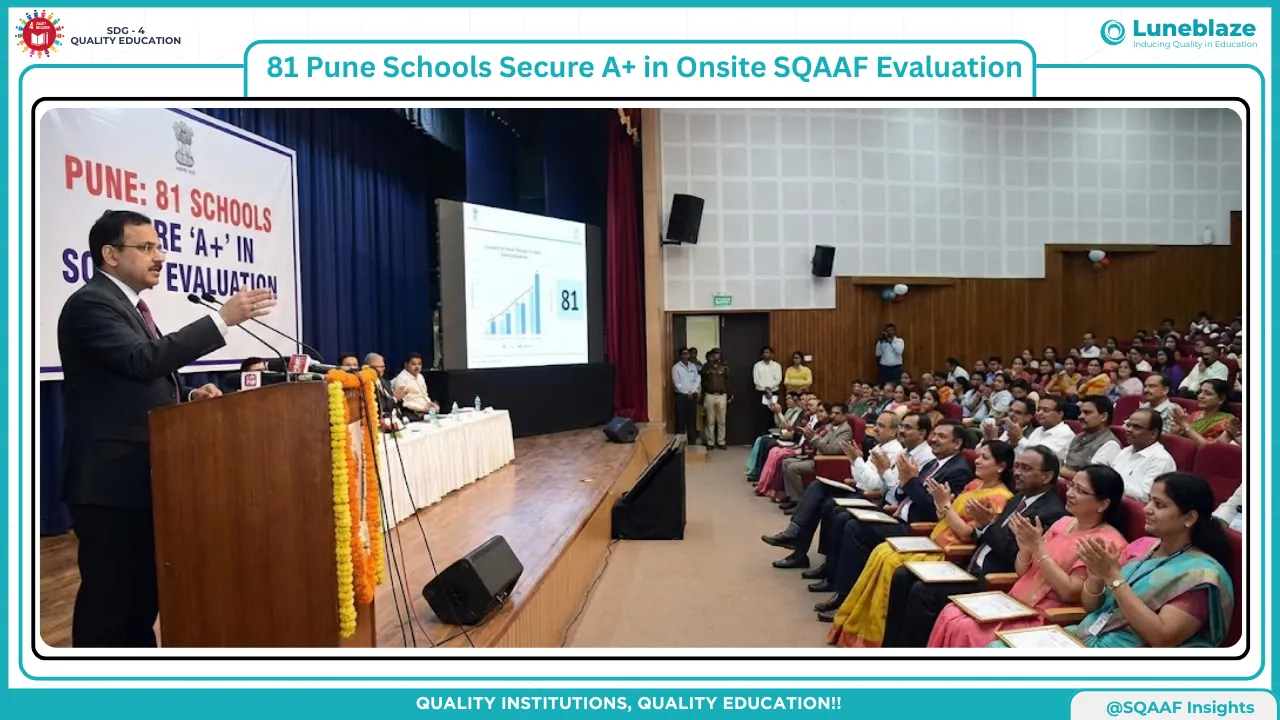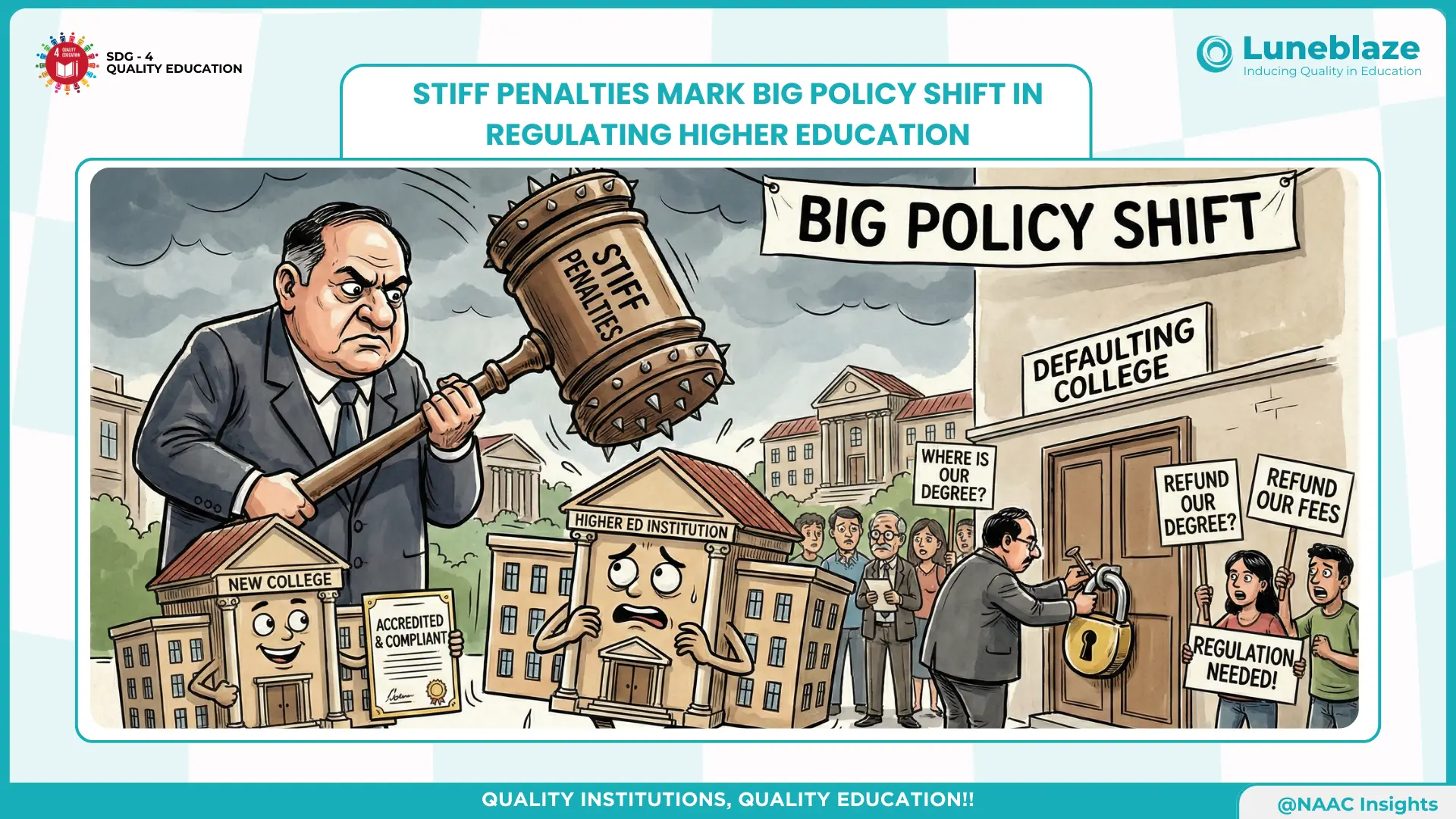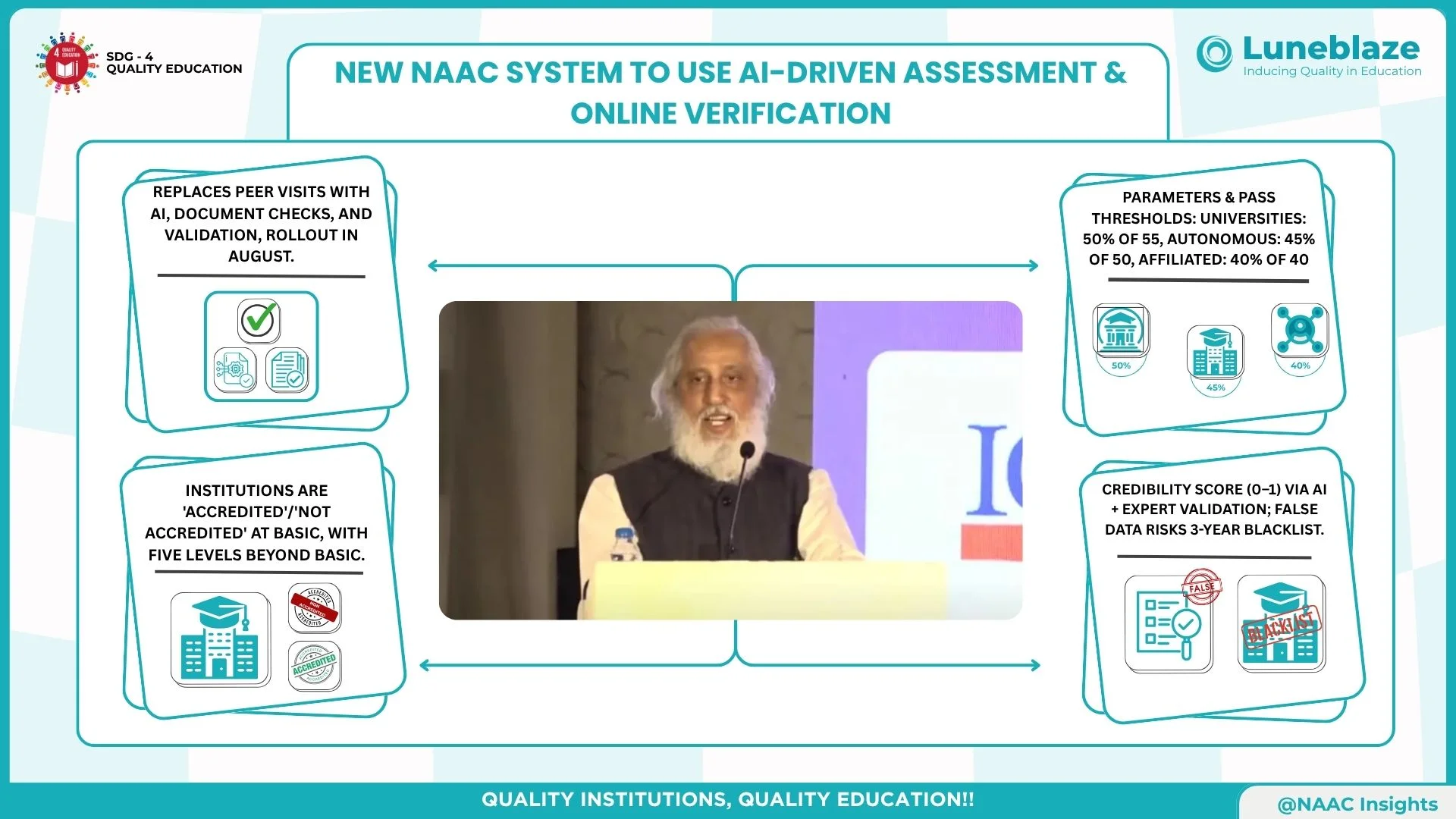Govt to Replace UGC, AICTE, NCTE with Single Higher Education Commission: Revived Push Under Dharmendra Pradhan

Aug 6, 2025
In a monumental push to streamline governance and enhance the quality of higher education in India, the government has unveiled a draft bill proposing the creation of a single, unified regulatory body: the Higher Education Commission of India (HECI).
This proposed reform seeks to replace three existing regulators—the University Grants Commission (UGC), the All India Council for Technical Education (AICTE), and the National Council for Teacher Education (NCTE)—with one comprehensive entity aimed at reducing redundancy, fostering innovation, and ensuring consistent standards across universities and colleges.
This move, closely aligned with the National Education Policy (NEP) 2020, is expected to significantly overhaul how higher education institutions (HEIs) are regulated—making the system more transparent, learner-focused, and agile.
The draft Higher Education Commission of India (HECI) Bill envisions four independent verticals under one umbrella:
National Higher Education Regulatory Council (NHERC): Regulatory oversight
National Accreditation Council (NAC): Quality assurance and institutional accreditation
Higher Education Grants Council (HEGC): Funding and disbursal of grants
General Education Council (GEC): Standards and learning outcomes across disciplines
"India's higher education ecosystem is too vast and complex to be managed by fragmented bodies. HECI will bring synergy, efficiency, and equity," said a senior education ministry official familiar with the draft.
With over 50,000 higher education institutions and 1,170 universities, the current governance model is often criticized for overlapping jurisdictions and bureaucratic delays. The creation of HECI seeks to unify decision-making, enhance institutional autonomy, and promote outcome-based education while removing outdated and redundant processes.
HECI will not only set academic standards but also actively encourage innovation, interdisciplinary learning, and digital integration—cornerstones of NEP 2020.
Importantly, medical and legal education will continue to be regulated by their respective statutory bodies (NMC and BCI), maintaining specialized oversight in these domains.
This reform is poised to redefine how quality and accountability are maintained in Indian higher education. With a single body overseeing standards, funding, and assessment, students and parents can expect greater clarity and confidence in institutional credibility.
For institutions, this means less red tape and more room to innovate, especially in integrating technology, fostering international collaborations, and enhancing employability.
The HECI Bill is not just administrative reform—it is a declaration of intent to bring India’s higher education sector in line with global standards. As the country aims to become a knowledge economy and a global education hub, a simplified, modern, and student-centric regulatory framework is no longer optional—it is essential.
Stay tuned for more updates on Higher Education Accreditation!
Source: Times of India
Source: timesofindia.indiatimes.com
Trusted by
100+
Institutions
worldwide
since 2017
Get started with Accreditation Excellence
Explore how our AI-enabled accreditation solution simplifies the accreditation journey







